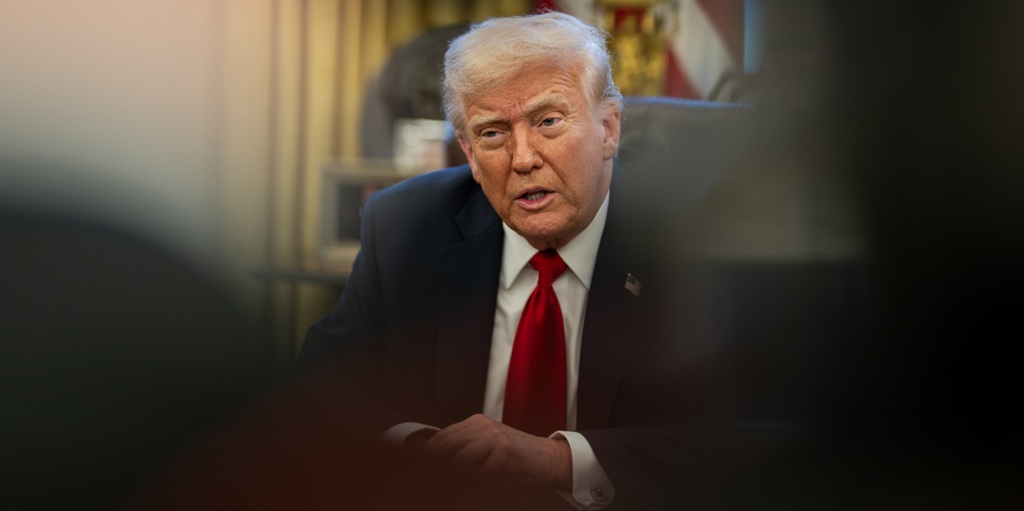On March 25, the Department of Homeland Security announced in the Federal Register that it was revoking humanitarian parole for hundreds of thousands of immigrants living in the U.S. legally under the Cuban, Haitian, Nicaraguan, and Venezuelan parole program (CHNV). In early April, parolees started receiving individual letters notifying them that their permission to stay in the United States and work legally was being rescinded prematurely – before the end of the two-year period of stay they’d initially been authorized for. As of April 24, all remaining grants of parole under CHNV will become invalid; anyone who had work permits thanks to that parole will lose those, too.
The Trump administration has shown hostility to most of the parole programs created or expanded by former President Joe Biden, as a way to expand the available legal pathways for people seeking to come to the United States instead of incentivizing them to migrate irregularly. But the CHNV program has come in for particular criticism, especially after the Biden administration paused adjudication of parole requests for a few weeks last summer to investigate allegations of fraud in the program.
As we’ve explained, people who came to the U.S. under CHNV were able to seek another form of legal status, if eligible, once they arrived. That makes it impossible to tell how many people are currently relying on their CHNV parole for protection from deportation – which won’t protect them anymore in a few weeks. However, some back-of-the-envelope calculations, based on Office of Homeland Security Statistics data (which runs through November 2024), suggest that there are around 195,000 people with current parole grants under CHNV who did not qualify to apply for Temporary Protected Status, or adjustment to permanent residency under the Cuban Adjustment Act. (Some of those people may have applied for asylum with USCIS, which could also allow them to live and work in the United States while their applications are pending.)
However, Venezuelans who arrived under CHNV and then applied for TPS in 2023 are in danger of losing their TPS, thanks to another decision by the Trump administration; last week, a judge enjoined the government from sunsetting that TPS designation on April 7, as originally announced, but the ruling could be stayed or overturned.
And the CHNV termination is itself being challenged in court. The case Svitlana Doe v. Noem, filed in federal court in Massachusetts, challenges the Trump administration’s widespread rescissions of parole – including CHNV. The plaintiffs in that case are seeking an injunction preventing the government from canceling parole for CHNV holders on April 24. Oral arguments are set to happen this week.
Of course, it’s impossible to know how many CHNV recipients even know that their two years of protection aren’t two years anymore. Many of them may be living at a different address than the one the federal government has on file. Even those who received the letter may not know there’s a court case – much less, for Venezuelans, two different court cases – that could indefinitely extend their stays in the U.S. or summarily end them. It’s an enormous amount of uncertainty for a program whose selling point was supposed to be that it promoted more predictability in arrivals and departures than the alternative of unauthorized migration to the U.S.
FILED UNDER: Cuba, Haiti, Parole


